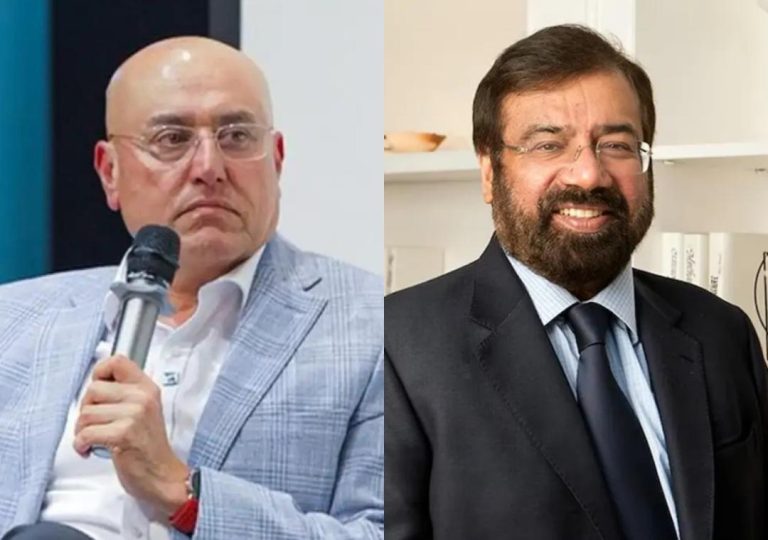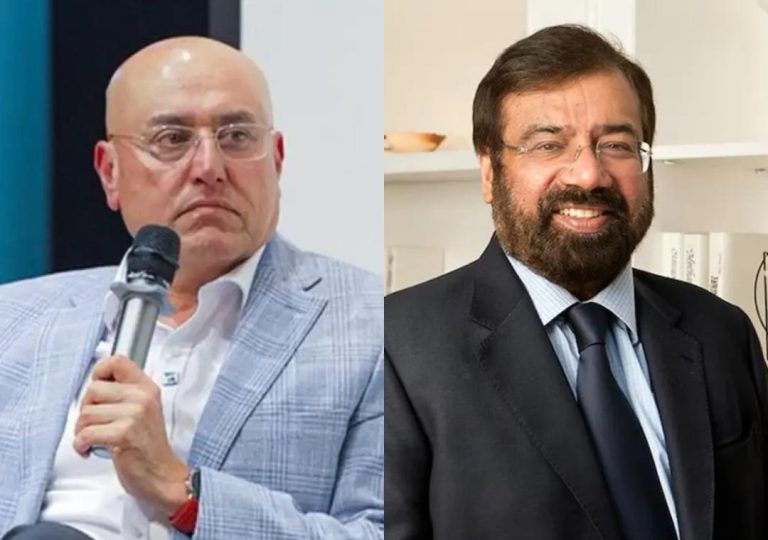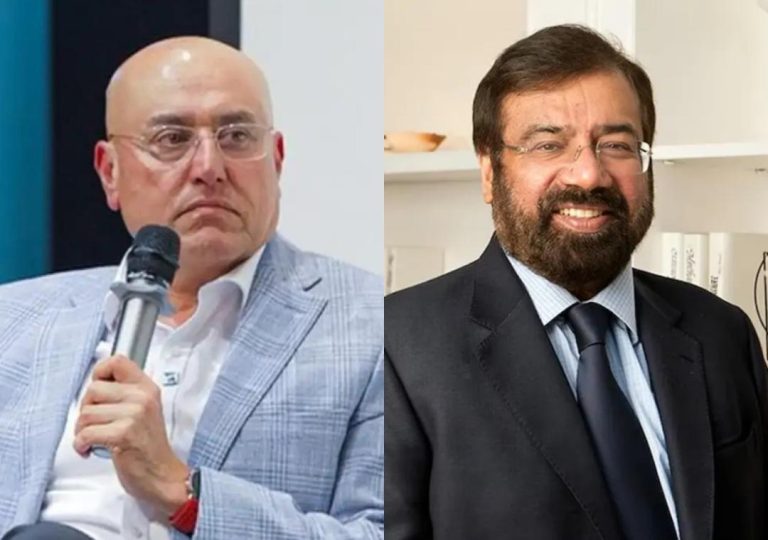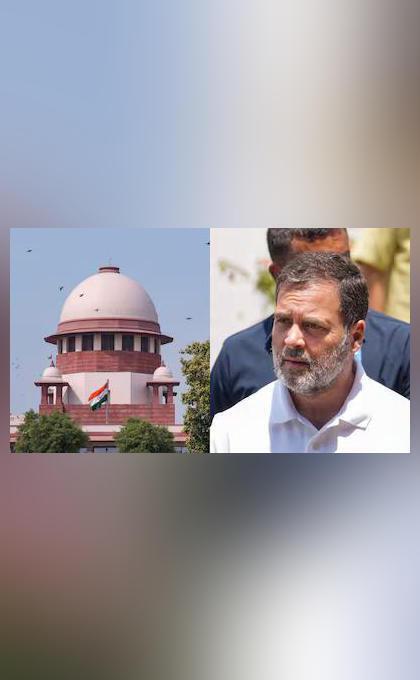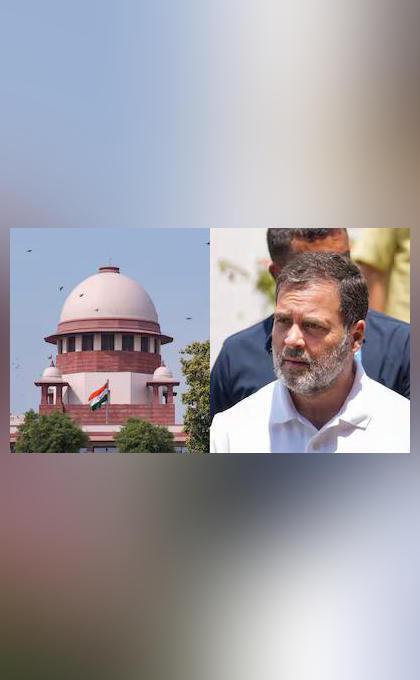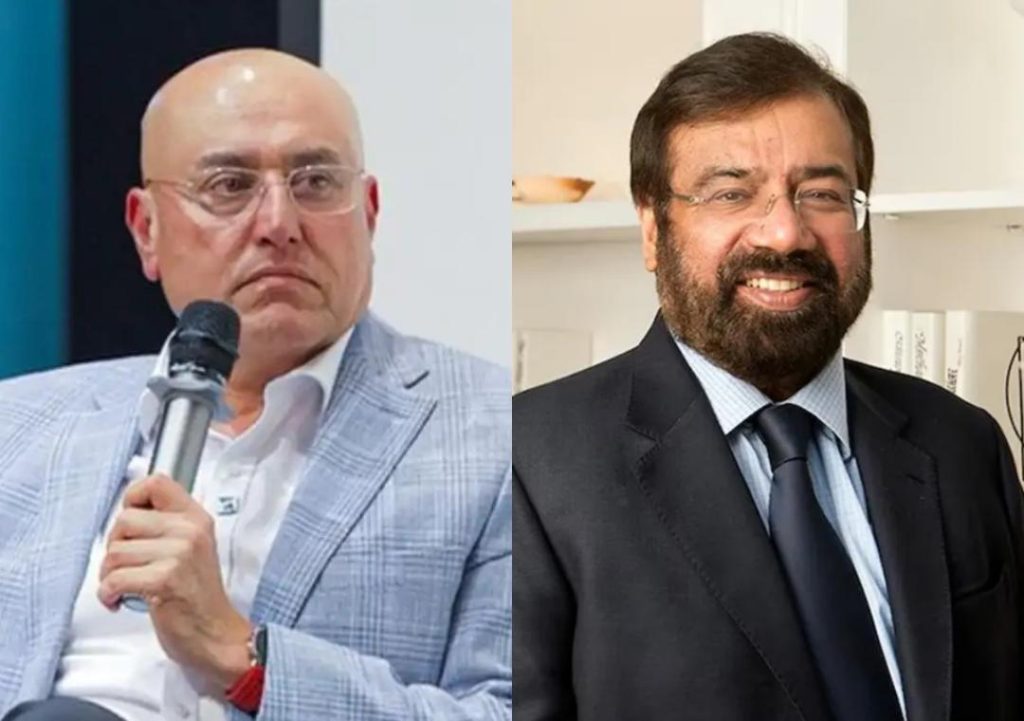
Hotmail Co-founder says ‘Truth=Anti-India’, Goenka replies ‘Living in US & lecturing us?’
In a recent Twitter exchange, Hotmail co-founder Sabeer Bhatia sparked a controversy by claiming that those who speak the truth in India are labelled as “anti-national”. This statement has been met with strong reactions from many, including billionaire Harsh Goenka, who responded with a scathing reply.
The exchange began when Bhatia tweeted, “Those who speak the truth in India are termed ‘anti-national’. Then who’s a national? The one who lies to you?” This tweet quickly went viral, with many interpreting it as a commentary on the current state of free speech in India.
However, Goenka was quick to respond, saying, “Living in California and lecturing a billion Indians back home?…India doesn’t need sermons from those who packed up and left.” Goenka’s reply was met with widespread approval on social media, with many seeing it as a necessary rebuke to Bhatia’s perceived hypocrisy.
So, what is behind this controversy? At its core, the issue is one of perspective and context. Bhatia’s initial tweet seemed to imply that the Indian government and society at large are intolerant of truth-tellers, and that those who speak the truth are automatically labelled as “anti-national”. This statement has been interpreted by many as a commentary on the current political climate in India, where dissenting voices are often silenced or marginalized.
However, Goenka’s response suggests that there is more to the story. By pointing out that Bhatia is living in California, Goenka is implying that Bhatia’s perspective on India is limited by his distance from the country. Goenka is suggesting that Bhatia’s criticism of India’s political climate is not only premature, but also uninformed.
This criticism is not unfounded. As a billionaire who has made his fortune in the United States, Bhatia’s perspective on India is likely shaped by his experiences as an outsider. While Bhatia has spoken out on various issues affecting India, his views are not necessarily representative of the majority of Indians who live and work in the country.
Furthermore, Goenka’s response highlights the hypocrisy of Bhatia’s initial tweet. By claiming that those who speak the truth are labelled as “anti-national”, Bhatia is implying that he himself is a truth-teller. However, by living in the United States and lecturing Indians on what is and is not acceptable, Bhatia is not exactly practicing what he preaches. Goenka’s response is a reminder that Bhatia’s actions are not necessarily consistent with his words.
The controversy has also sparked a wider debate about the role of social media in shaping public discourse. In an era where social media platforms have given a voice to millions of people around the world, it is more important than ever that we are critical of the messages we receive and the sources from which they come.
In this case, Bhatia’s tweet was quickly amplified by social media, with many people sharing and commenting on his message. However, Goenka’s response was also quickly shared and commented on, highlighting the power of social media to amplify different perspectives and voices.
Ultimately, the controversy surrounding Bhatia’s tweet and Goenka’s response serves as a reminder of the importance of nuance and context in our public discourse. As we navigate the complexities of modern society, it is essential that we are critical of the messages we receive and the sources from which they come.
Sources:
